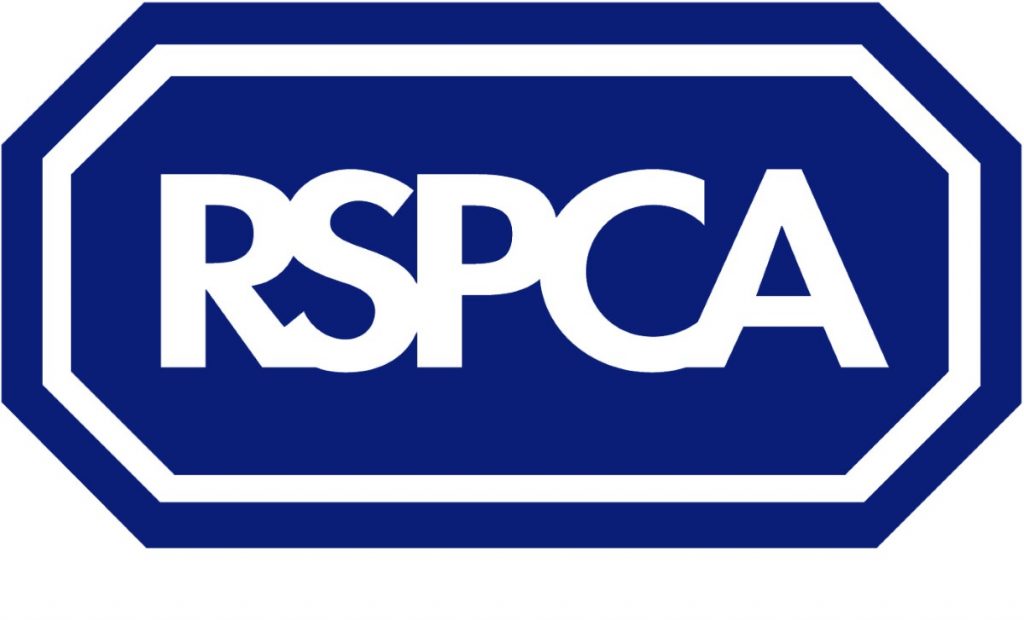Alarm as cosmetics ban claim referred to ECJ
The RSPCA is bitterly disappointed that a judicial review brought by cosmetics ingredients manufacturers, which would allow cosmetics newly tested on animals to be sold in Europe again, has been referred to the European Court of Justice.
The review aims to have last year’s European sales ban on cosmetics tested on animals outside the EU declared unlawful, sparking real fears of a major setback to animal welfare worldwide.
The action was referred on Tuesday 16 December by the European Federation for Cosmetics Ingredients Manufacturers (EFfCI), which represents 90% of the European Union (EU) cosmetics ingredients industry.
The EFfCI wants companies to be able to sell cosmetics in the EU that have been newly tested on animals, as long as the tests were conducted on animals in countries outside the EU.
Eloise Shavelar, RSPCA Campaign Manager said: “This challenge by the cosmetics industry highlights their lack of will to end their involvement with animal testing and goes completely against everything the EU marketing ban stands for. This referral is a significant backward step for thousands of animals, and shamelessly places economics before welfare.”
“Consumers simply do not support the testing of cosmetic ingredients on animals and seven out of ten want to see the EU ban extended worldwide. The fact that the EFfCI has been allowed to take their claim to the ECJ flies in the face of animal welfare advances, is not what consumers want, and could mean unnecessary suffering for thousands more animals.”
Research carried out earlier this year showed that 76% of women and 59% of men wanted to see animal testing for cosmetics completely stopped worldwide and 71% of people saying that they would prefer not to buy a product if they knew it was from a company still testing on animals*.
The RSPCA is totally opposed to the use of animals to test cosmetics. Animals, such as mice, rats and rabbits, can experience pain and distress in such experiments and we believe this suffering in the name of beauty is unacceptable.
Yet, despite the EU ban on the sale of cosmetics newly tested on animals, many products found on EU shelves are made by cosmetic companies that are still involved in animal testing, although they are not allowed to sell newly animal-tested products in the EU. Consumers should be aware that many well-known brands continue to test their products or ingredients on animals outside the EU to sell in other parts of the world, or choose to continue to market their products in countries where the authorities require mandatory animal testing.
If the action brought by EFfCI is upheld, products and ingredients newly tested on animals outside the EU could once again be sold within the EU market.
The RSPCA’s ‘Makeover the World’ campaign is urging cosmetics companies to:
? no longer use animals to develop new products or ingredients
? not market further products in countries where animal testing is required
? help further the development of humane alternative methods.
The EU sales ban has had a positive knock-on effect with countries like Israel, India and Brazil introducing improved practices and legislation.
Eloise continued: “Animal suffering in the name of beauty is totally unacceptable. The RSPCA wants to see the day when no new cosmetics products or ingredients are tested on any animal, anywhere in the world. We are calling on animal lovers and beauty lovers alike to join us and take action by tweeting the leading cosmetics companies. People can get involved at: www.bit.ly/MoTWtwitter”
NOTES
*All figures, unless otherwise stated, are from YouGov Plc. Total sample size was 2,082 adults. Fieldwork was undertaken between 28th February – 3rd March 2014. The survey was carried out online. The figures have been weighted and are representative of all GB adults (aged 18+).
41% of people believe that the use of animals for cosmetics testing is a thing of the past.
The #MakeovertheWorld campaign was launched by RSPCA (England and Wales) in March 2014 and in September 2014 was launched in Australia by RSPCA Australia. To date, over 30,000 people have emailed cosmetics companies calling for change.
For information about the top 10 cosmetic companies: www.rspca.org.uk/cosmeticcompanies
The EU introduced a ban on animal testing of finished cosmetics products on animals in 2004, followed by staged bans on different animal tests used for cosmetic ingredients beginning in 2009.
On 11 March 2013 the final element of these bans came into force, prohibiting cosmetics products newly tested on animals (or containing cosmetics ingredients newly tested on animals) being imported and sold to EU consumers.
India and Israel have recently banned the use of animals in cosmetics testing. Chinese authorities currently require mandatory animal testing of imported cosmetics products, however, from July 2014 China no longer required certain types of cosmetics product, produced domestically, to be the subject of animal tests.





-01.png)